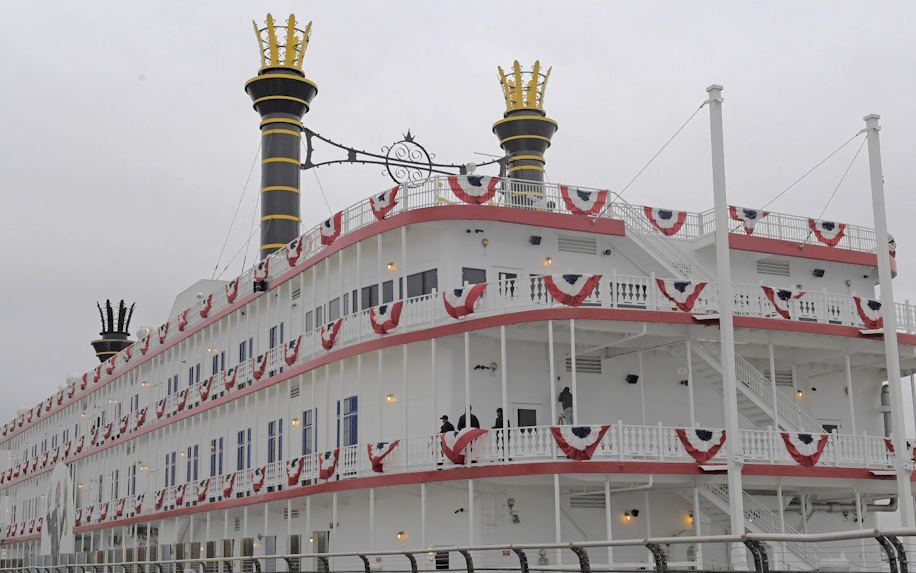Riverboat casinos have a high rate of history in the United States, dating back to the 19th century as they were a good source of entertainment from that period only. If we talk about the current time frame then also riverboat casinos continue to operate in several states, offering a unique gaming experience to patrons.
However, navigating the legal waters of regulations and licensing for riverboat casinos can be a complex and challenging task. However understanding the legal framework for riverboat casinos is a must option before you initiates its use. The legal framework for riverboat casinos varies from state to state, and understanding the specific regulations and licensing requirements is crucial for both casino operators and state authorities.
Jurisdiction Of State
Recognizing that state governments have primary authority over gaming laws and regulations is the first and most crucial part of running a riverboat casino. Each state has its own set of laws that govern how casinos, including riverboat casinos, must operate. While some states have severe regulations and even outright bans on the construction of such casinos, others have even investigated riverboat gambling as a way to increase tourism and revenue.

Permission About License
Licensing and permitting processes for riverboat casinos vary widely, but they typically involve a thorough background check of the casino operators and their financial stability. A deep dive into riverboat casino licensing will ensure that the individuals and entities involved in the casino operations are trustworthy and financially sound.
- State regulations governing the kinds of games that can be offered, such as slot machines, table games, and poker, are among the operational standards that riverboat casinos must follow.
- States may impose restrictions on the hours that riverboat casinos can be open.
- To stop fraud, cheating, and other criminal actions, strict security measures must be put in place.
- Casinos are required to impose age restrictions, usually limiting gambling to those who are at least 21 years old.
- Gaming taxes and revenue sharing with the state are just two of the levies that apply to casinos.
Location Of Such Casinos
One defining characteristic of riverboat casinos is their mobility. In many states, riverboat casinos are required to maintain their ability to sail. While some states mandate that the boats must cruise while gambling is taking place, others allow them to remain docked.
The rules regarding the mobility of riverboat casinos can impact their overall profitability and operation. Having the legal considerations for establishing riverboat casinos before starting o consume the same will work out to be a good option.




